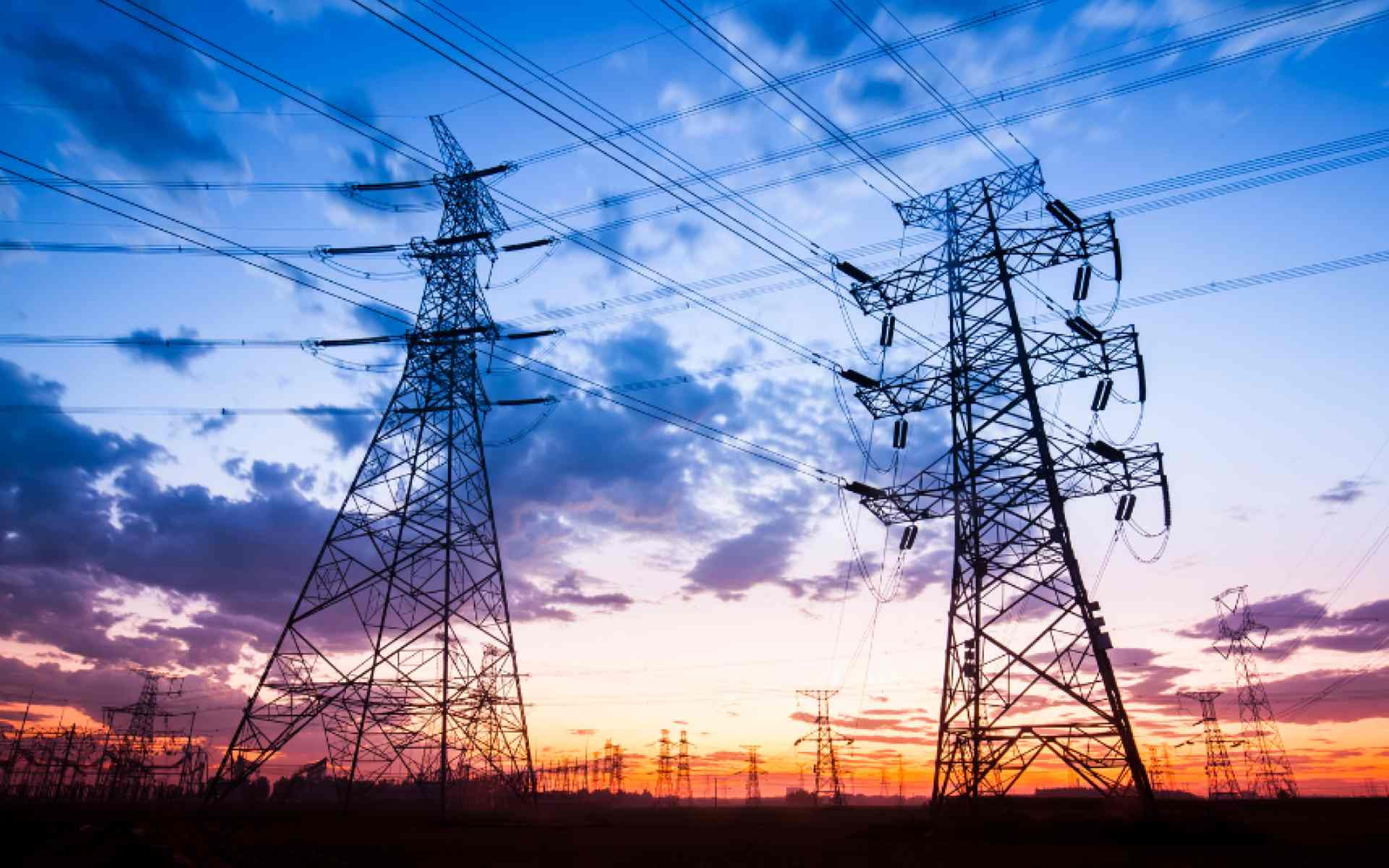Electrifying Rural Africa: The Role of Decentralized Power Generation

Think about a time when your electricity went out. As you sat in the dark, maybe you wondered how long it would be before you could power up your computer again. Or perhaps you considered what you could make for dinner that didn’t require cooking.
Many people in Africa don’t need to imagine such a scenario — they live it. Every day.
A large portion of the continent, primarily in sub-Saharan Africa, lacks access to reliable and affordable electricity. This energy poverty represents a major barrier to improving the quality of life for nearly 600 million people and achieving sustainable development goals across the continent. In fact, Africa is the most energy-deficient continent in the world, with 75% of the world’s population lacking electricity. And although urban dwellers aren’t completely shielded from power outages, the extent of energy poverty is much more intense for rural populations.
Without reliable electricity, daily life can be challenging. Basic tasks like studying, working, and cooking become more difficult and time-consuming — if not downright hazardous. Relying on kerosene lamps or candles for illumination can be dangerous, both as a biohazard and a fire risk. These fuels are often inefficient and can lead to health problems like respiratory diseases and eye infections. The use of traditional fuels such as wood and animal dung for cooking and heating indoors releases harmful pollutants, leading to indoor air pollution. This is a major cause of respiratory illnesses and premature deaths, especially among women and children.
On a macroeconomic scale, energy poverty hinders economic development and limits access to basic human services like health care and education. Without power, essentials like refrigeration and medical equipment cannot be used. Businesses and industries that lack reliable power cannot operate efficiently, resulting in economic stagnation and stunted job creation. Energy poverty exacerbates social inequalities, as those with access to electricity have better opportunities for education, health care, and employment.
The State of African Energy 2025 Outlook, recently published by the African Energy Chamber (AEC) and available at https://energychamber.org, names three main challenges that African countries face in achieving universal access to electricity:
-
Expanding electricity access
-
Ensuring that energy remains affordable
-
Reducing dependence on fossil fuels, such as firewood and diesel generators used for lighting and cooking.
To combat these challenges, African countries are exploring a variety of solutions, including expanding access to electricity grids, promoting renewable energy sources like solar and wind power, and improving energy efficiency. However, significant challenges remain, including the high cost of infrastructure, limited financial resources, and a lack of technical expertise.
The Key? Decentralizing Power
In a sense, Africa is lucky: It’s sitting on a veritable goldmine of solar and wind potential.
With its vast expanse of deserts and coastlines, Africa is blessed with abundant sunlight and strong winds. This makes it an ideal location for harnessing solar and wind energy. Many regions receive intense sunlight year-round, creating the ideal conditions for large-scale solar power plants. Meanwhile, the continent also boasts long coastlines and elevated areas that experience strong and consistent winds, making them suitable for wind power generation.

